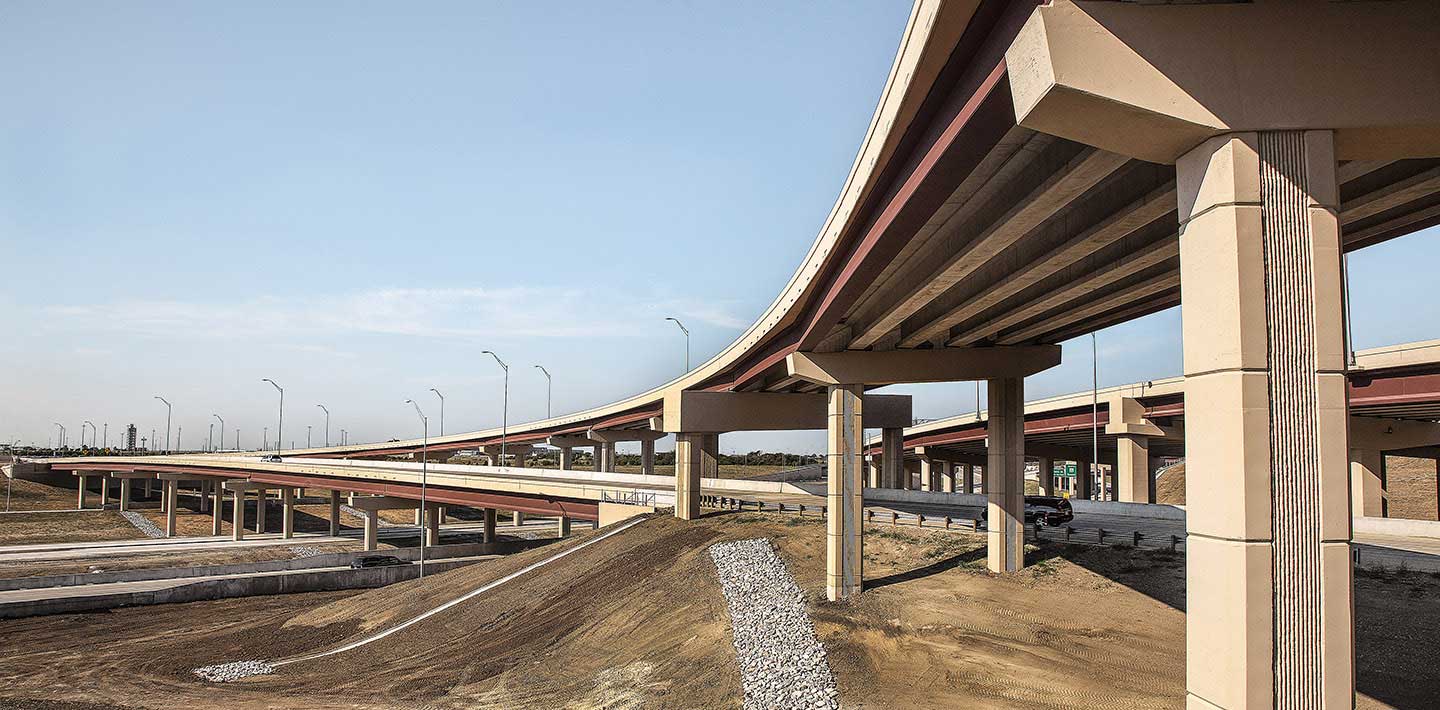Pavement Design Of Roads
In Construction, Engineering and DesignAbout this course
Description
This course tackles key concepts in pavement design of roads. Key industry methods of pavement design are covered, including Soil Factor, R-value thickness, and an introduction to MnPAVE for thickness design.
Appropriate design guides and standards will be incorporated in the training to tackle elements of roadway design: data collection and accurate traffic projections; subgrade soil evaluation and best practices for enhancements; pavement section materials and specifications; standard construction practices and their long term impact on pavement life.
Course Objective
Review soil factor and R-value thickness design
Introduction to MnPAVE for thickness design (including practical exercises)
Review sub grade soil evaluation and best construction practices
Overview subgrade soil enhancement practices Minnesota
Review pavement section materials and best construction practices
Course Outline
Types of road pavement
Soil characteristics
Pavement layers
Traffic loads
Design of asphalt mixes using Marshall design method
Stresses in flexible pavement
Design of flexible pavement using AASHTO design method
Performance based tests of asphalt pavement
Who should attend this course?
Highway Engineers
Structural Engineers
Construction Managers/Supervisors
Construction Workers-Civil Engineering, Construction Supervisors working in Tunneling, excavations
General Civil Engineers
Assessment:
After completing and passing the course successfully, you will be able to obtain an Accredited Certificate of Achievement.
At the end of the course, you will be required to do a real-life Project. Your evaluation will ascertain whether you qualify for a certificate of Technical Competence. It is important to note that some course assessments lead to the award of an accredited certificate by the Ministry of Education and Sports of Uganda.







